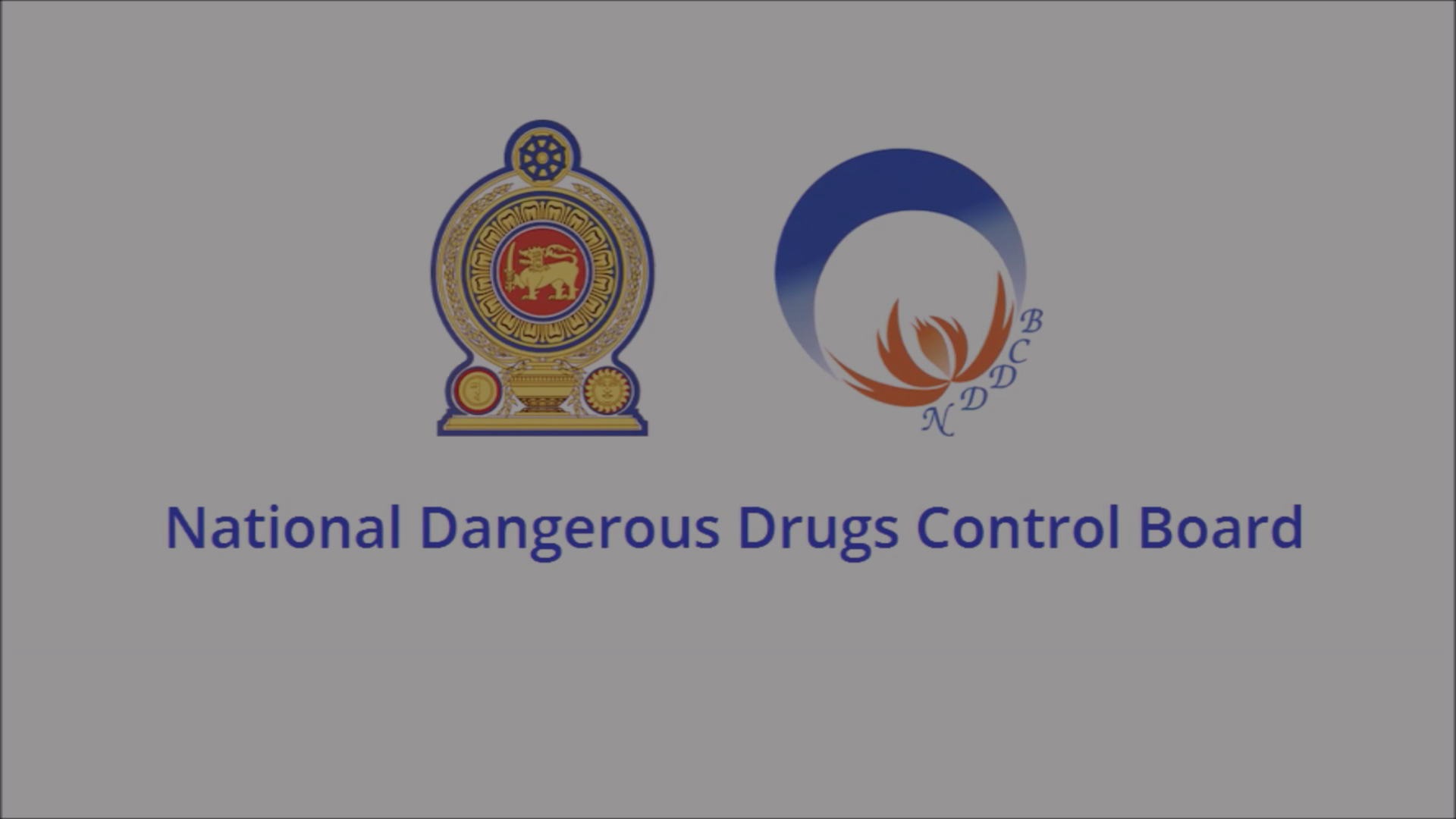Among the other functions, providing treatment to the drug dependants and rehabilitation of drug dependants are main roles of the NDDCB. Four treatment and rehabilitation centers are being conducted under the purview of the board throughout the country with greater focus in Colombo, Kandy, Galle and Gampaha districts. Counseling service and residential treatment facilities are being provided for the drug addicts at these treatment centers.
Conduct national drug abuse and preventive educational programmes for children and adults.
Provide treatment and rehabilitation measures for drug dependant persons.
Conduct and undertake researches studies into the prevalence, aetiology and legal, medical, social cultural and economic implications of the abuse of dangerous drugs.
Co-ordinate the activities of agencies engaged in the prevention and control of dangerous drugs.
Maintain liaison with national, regional and international organizations and agencies involved in drug control activities.
Precursor Control Authority: Monitoring to ensure proper transport, distribution, storage, safeguarding and usage of aforementioned chemicals and supervision.











